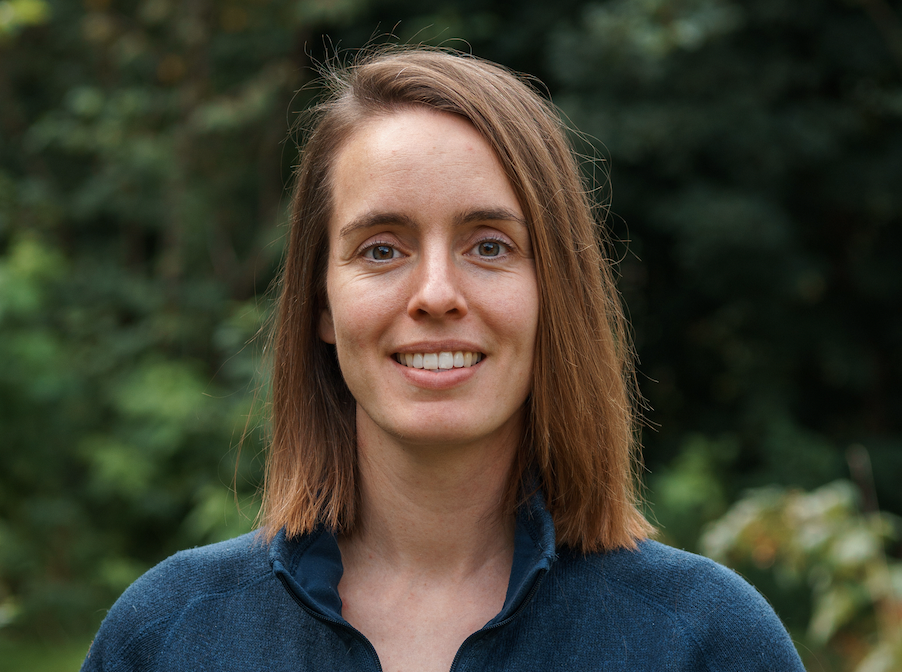Cradle, a Dutch startup, applies generative AI to biology to significantly reduce the time and cost of research and development in designing protein-based products. Its technology can be used to create a large range of products across multiple industries from medicines or sustainable alternatives to food products, to detergents and plastics made without petrochemicals, raw materials for clothing or electronics, or more complex products such as enzymes that can break down plastics and other pollutants or emissions. The company is working with nine industry partners including Johnson & Johnson Innovation, Novozymes, and Twist Bioscience.
Cradle, which raised €24 million in venture capital on November 28, has built a Web-based software that any team of scientists can use, without help from bio-informatician or machine learning engineers.
Co-founder and bioengineer Elise de Reus, who has a PhD in biotechnology but no background in computer science, said she and co-founder and CEO Stef van Grieken realized the importance of creating a place where biologists can access the latest computational tools.
“We believe that these powerful AI technologies really need to integrate with what scientists are doing in the wet labs,” de Reus said in an interview with The Innovator. “Our mission is to help biologists to use generative AI and machine learning to optimize proteins to get to the target properties in less time.”
Most projects progress two times faster using Cradle’s platform compared to industry benchmarks, according to the company.
The company says its technology also increases the chances of success of specific R&D programs as its generative AI capabilities can find solutions to protein engineering challenges that humans are not capable of finding with existing tools, helping companies to be more successful in developing new products.
Research and development of biological products has historically been extremely costly and time consuming. For example, biopharma companies spend an average of $22 million and 42 months on R&D to get a single potential product ready for clinical testing, with only around 35% of programs progressing to clinical trials at all, says Cradle.
“The application of AI in biology will be transformational, helping to solve some of the biggest health and climate challenges,” Index Ventures Partner Sofia Dolfe, an investor in Cradle,” said in a written statement. “The early results, from projects run by the companies with some of the largest R &D budgets globally, indicate that Cradle’s technology is already dramatically accelerating the pace of innovation in a field that will reshape how we produce much of what we consume.”
Making the world more sustainable will require the” intersection of atoms and bits,” says de Rues. “Leveraging new technologies such as generative AI can help speed sustainable alternatives and help mitigate some of the challenges we are facing.”
Cradle, which was launched in 2021, is now working on more than 12 research and development projects focused on engineering a wide wide range of protein modalities including enzymes, vaccines, peptides, and antibodies across a broad spectrum of desired protein properties, such as stability, expression, activity, binding affinity, and specificity.
Team members include machine learning and biotech research specialists with experience at many of the world’s leading technology and biotech companies, including Google, Zymergen, Novartis, Uber, Meta, Deepmind and Perfect Day.
Other companies, such as Palo Alto-based Spring Discovery, are also focused on applying AI to biology but many are focused uniquely on drug discovery. “Whereas Spring Discovery is focused on providing software to researchers working to understand and battle disease to enable them to find and compare targets and compounds, Cradle’s generative AI platform helps partners across a wide range of industries, from pharma to industrial and food, design and engineer proteins,” says de Rues.
Cradle currently employs 20 people, split between Delft, The Netherlands and Zurich, Switzerland, with plans to expand its team in 2024. The company says it plans to use the latest round of funding to build out additional laboratory and engineering facilities in Amsterdam, helping to add capacity to accelerate its research and generate more data which can be used to train AI models. The company said it will also continue to develop its platform to allow it to onboard more customers, in line with growing demand, and to continue to evolve its user experience to ensure the platform is user-friendly and accessible for scientists and experimentalists without a machine learning background.
This article is content that would normally only be available to subscribers. Sign up for a four-week free trial to see what you have been missing.
To access more of The Innovator’s Startup Of The Week articles click here.







